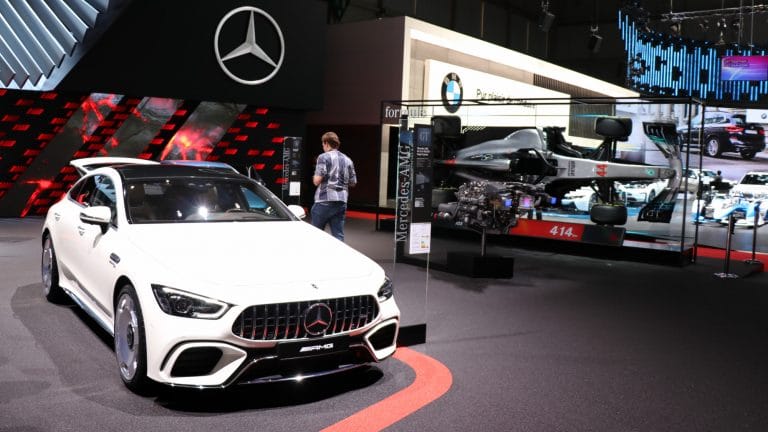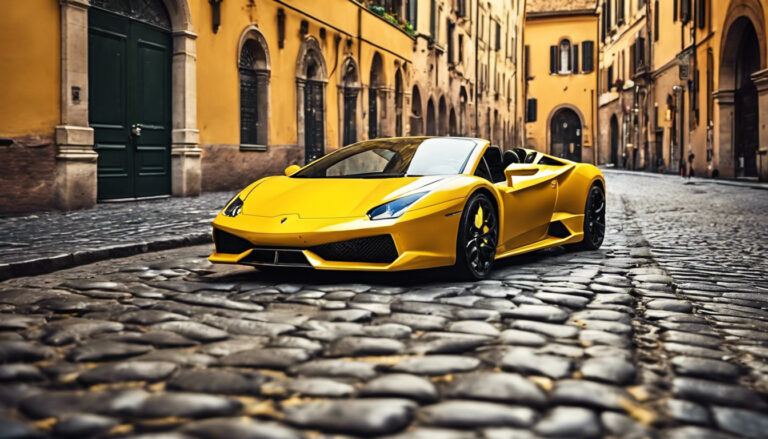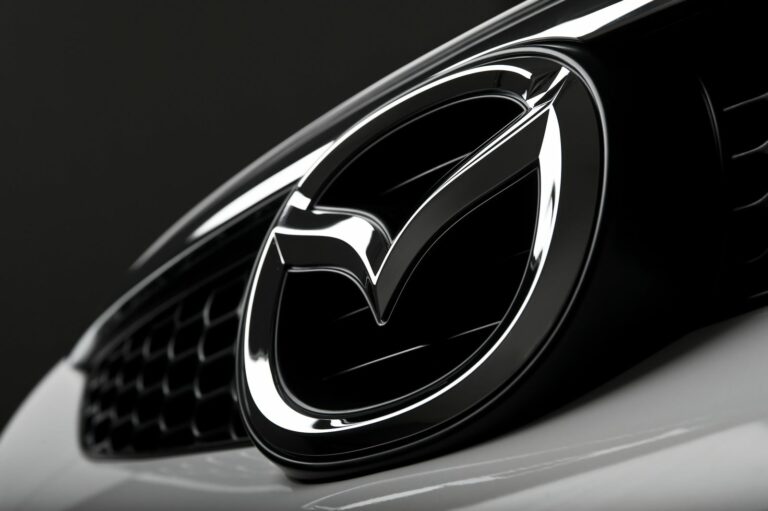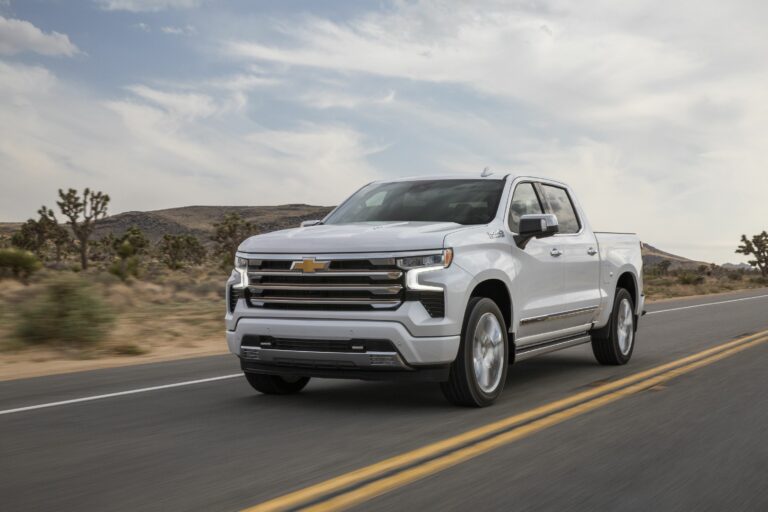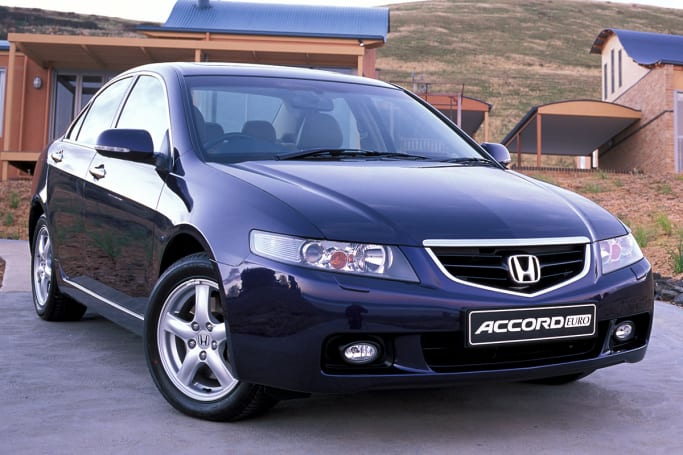Top Selling Car Brands 2019: A Deep Dive into Automotive Dominance
Top Selling Car Brands 2019: A Deep Dive into Automotive Dominance cars.truckstrend.com
The automotive industry is a colossal and ever-evolving landscape, a testament to human ingenuity, technological advancement, and diverse consumer needs. Understanding which car brands topped the sales charts in any given year offers invaluable insights into global economic health, shifting consumer preferences, and the strategic prowess of major manufacturers. The year 2019, in particular, stands as a crucial benchmark – a period before unprecedented global disruptions, representing a peak for some trends and a pivotal transition for others.
This comprehensive guide delves into the "Top Selling Car Brands 2019," dissecting the factors that led to their success, the key trends shaping the market, and the enduring lessons for both consumers and industry stakeholders. By exploring the top performers of that year, we gain a clearer picture of the automotive world just before it braced for a new era.
Top Selling Car Brands 2019: A Deep Dive into Automotive Dominance
The Global Automotive Landscape in 2019: A Snapshot
The year 2019 saw a complex mix of stability and emerging shifts in the global automotive market. While overall global vehicle sales experienced a slight downturn compared to 2018 – a consequence of various factors including trade tensions, economic slowdowns in key markets like China, and the implementation of stricter emissions regulations – certain brands and vehicle segments continued to thrive.
SUVs and crossovers maintained their meteoric rise in popularity, dominating new vehicle sales across most major regions. Consumers increasingly favored these versatile vehicles for their perceived safety, higher driving position, and practical utility. Electrification, while still a niche market in terms of absolute sales volume, was clearly on the horizon, with many manufacturers unveiling ambitious EV strategies and new models. This period represented a delicate balance: traditional internal combustion engine (ICE) vehicles still formed the backbone of sales, but the industry was undeniably pivoting towards a more sustainable, connected, and autonomous future. Understanding the 2019 sales figures provides a baseline from which to measure the dramatic changes that followed.
Methodology for Determining "Top Selling"
When discussing "top selling" car brands, it’s essential to clarify the metrics used. The most common and widely accepted measure is global unit sales, meaning the total number of vehicles (passenger cars and light commercial vehicles) sold by a brand or, more accurately, an automotive group worldwide within a calendar year. While revenue, profit margins, or market capitalization are also important financial indicators, unit sales directly reflect consumer demand and market penetration.
Data for global vehicle sales is typically compiled by reputable industry analysis firms (like JATO Dynamics, Focus2Move, LMC Automotive) and national automotive associations, often aggregated by international bodies such as the Organisation Internationale des Constructeurs d’Automobiles (OICA). These figures are derived from manufacturer reports, registration data, and sales tracking across various regions. It’s important to note that many top-selling "brands" are part of larger automotive groups that encompass multiple marques (e.g., Volkswagen Group includes VW, Audi, Skoda, Porsche, etc.). Therefore, sales figures are often reported at the group level to provide a comprehensive view of their market share and influence. For this article, we will focus on these major groups and their leading brands.
The Reigning Giants: Top Global Car Groups by Sales (2019)
In 2019, a few automotive behemoths continued to dominate the global sales charts, showcasing their expansive product portfolios, robust manufacturing capabilities, and deep understanding of diverse consumer markets.

-
Volkswagen Group:
- Global Sales (2019): Approximately 10.97 million units.
- Strengths: Volkswagen Group consistently holds a top position, largely due to its vast portfolio of brands including Volkswagen, Audi, Skoda, Seat, Porsche, Bentley, Lamborghini, and more. This multi-brand strategy allows them to cater to almost every market segment, from entry-level to ultra-luxury. Their strong presence in Europe and China, coupled with a growing focus on electric vehicles (e.g., the ID.3 launch), underpinned their success. The Volkswagen Golf and Tiguan, along with Skoda Octavia and Audi A3/Q5, were significant volume drivers.
-
Toyota Group:

- Global Sales (2019): Approximately 10.74 million units.
- Strengths: Toyota’s enduring success is built on a foundation of legendary reliability, strong resale values, and a pioneering role in hybrid technology. Brands like Toyota, Lexus, Daihatsu, and Hino contribute to its formidable global footprint. The Corolla and RAV4 remained perennial best-sellers, while the Camry continued its dominance in key sedan markets. Toyota’s strategic focus on fuel efficiency and robust build quality resonated strongly with consumers worldwide.
-
Renault-Nissan-Mitsubishi Alliance:
- Global Sales (2019): Approximately 10.16 million units.
- Strengths: Despite internal leadership turmoil during 2019, the sheer scale of the Alliance kept it among the top contenders. Bringing together the strengths of Renault (strong in Europe, South America), Nissan (significant in North America, Asia), and Mitsubishi (strong in Southeast Asia, SUVs), the alliance offered a diverse range of vehicles. Models like the Nissan Rogue/X-Trail, Qashqai, Renault Clio, and Dacia Duster were crucial to their sales volume. Their early leadership in electric vehicles (Nissan Leaf) also positioned them for future growth.
-
General Motors (GM):
- Global Sales (2019): Approximately 7.72 million units.
- Strengths: GM’s sales in 2019 were heavily concentrated in North America (Chevrolet, GMC, Cadillac, Buick) and China. Their dominance in the lucrative truck and SUV segments in the US, with models like the Chevrolet Silverado and GMC Sierra, was a key driver of their global volume. While divesting from some international markets (e.g., Opel/Vauxhall sales to PSA), GM focused on its core profitable regions and segments.
-
Hyundai-Kia Group:
- Global Sales (2019): Approximately 7.19 million units.
- Strengths: The South Korean automotive powerhouse continued its impressive growth trajectory in 2019, fueled by stylish designs, competitive pricing, and a rapidly improving reputation for quality and technology. Their aggressive expansion in global markets, coupled with popular models like the Hyundai Elantra/i30, Tucson, Santa Fe, and Kia Sportage, Seltos, and Forte/Cerato, propelled them into the top tier. They also made significant strides in hybrid and electric vehicle offerings.
(Note: While other groups like Ford and Honda also posted strong numbers, these five represented the very top echelon in terms of global unit sales for 2019.)
Key Trends Driving 2019 Sales Success
The sales performance of these top brands in 2019 was not accidental; it was a direct reflection of several overarching trends that shaped the automotive market:
- SUV and Crossover Dominance: This was arguably the most significant trend. Brands that offered a wide, appealing range of SUVs and crossovers, from subcompact to full-size, reaped the rewards. Consumers valued the versatility, commanding view of the road, and often the perceived safety of these vehicles.
- Focus on Value and Reliability: For many consumers, especially in economically uncertain times, brands known for their reliability, durability, and strong resale value (like Toyota and Honda) continued to be highly attractive. Hyundai-Kia’s rise also demonstrated the power of offering compelling value propositions.
- Technological Integration and Safety Features: Advanced driver-assistance systems (ADAS), intuitive infotainment systems, and seamless smartphone integration became increasingly important selling points. Brands that offered these features, often standard or in affordable packages, gained an edge.
- Regional Market Dynamics: Success often depended on tailored strategies for different regions. For example, Volkswagen’s strength in Europe and China, GM’s focus on North American trucks, and the Japanese brands’ global consistency highlighted the importance of understanding specific market demands.
- Early Electrification Positioning: While not yet sales leaders, brands that visibly committed to electric vehicles and began rolling out new EV models (like Volkswagen, Nissan, Hyundai-Kia) started to build credibility and prepare for the future, influencing perception even if direct sales impact was limited.
Practical Advice and Actionable Insights
For consumers considering a vehicle from 2019 or understanding the market of that era:
- Resale Value: Brands that sold well in 2019 (e.g., Toyota, Honda, certain VW and Ford models) generally maintain strong resale values due to their popularity, reliability, and widespread parts availability.
- Availability: High-volume models from these top brands are typically easier to find on the used market, offering more options in terms of trim levels and specifications.
- Parts and Service: Widespread sales mean a robust network for parts and service, making ownership more convenient and potentially less costly over the long term.
For industry observers and stakeholders:
- Market Adaptability: The success of top brands underscored the importance of adapting to consumer preferences (e.g., the SUV shift) and anticipating regulatory changes (e.g., emissions).
- Diversified Portfolios: The strength of automotive groups with multiple brands showcased the benefit of appealing to a broad spectrum of consumers across various price points and segments.
- Global vs. Regional Focus: Strategic decisions about where to invest and compete significantly impacted global sales rankings, highlighting the need for nuanced regional strategies.
Concluding Summary
The year 2019 served as a fascinating snapshot of the global automotive industry, showcasing the dominance of established giants like Volkswagen, Toyota, and the Renault-Nissan-Mitsubishi Alliance, alongside the continued ascent of groups like Hyundai-Kia. Their success was built on a blend of market adaptability, strategic product development (especially in the SUV segment), a focus on core strengths like reliability and value, and an increasing embrace of emerging technologies.
While the world was poised for unprecedented changes in the years that followed, 2019 offered a clear view of consumer preferences and industry trends just before the pandemic reshaped the landscape. The lessons learned from the top-selling brands of that year—about resilience, innovation, and understanding the customer—remain fundamentally relevant in today’s rapidly transforming automotive world.
Table: Top Global Car Groups by Sales in 2019
| Rank | Automotive Group / Key Brand | Global Sales (Units) – Approx. | Key Markets | Notable Strengths / Models |
|---|---|---|---|---|
| 1 | Volkswagen Group | 10.97 million | Europe, China, North America | Diverse portfolio (VW, Audi, Skoda, Porsche), strong in compacts & SUVs (VW Golf, Tiguan, Audi A3/Q5) |
| 2 | Toyota Group | 10.74 million | Global (esp. North America, Asia) | Reliability, fuel efficiency, hybrid leadership (Toyota Corolla, RAV4, Camry, Lexus RX) |
| 3 | Renault-Nissan-Mitsubishi Alliance | 10.16 million | Europe, North America, Asia | Scale, diverse regional strength, early EV adoption (Nissan Rogue/X-Trail, Renault Clio, Mitsubishi Outlander) |
| 4 | General Motors (GM) | 7.72 million | North America, China | Dominance in trucks & large SUVs (Chevy Silverado, GMC Sierra, Cadillac Escalade), strong in China |
| 5 | Hyundai-Kia Group | 7.19 million | Global (esp. Asia, Europe, North America) | Value, design, improving quality, growing SUV lineup (Hyundai Tucson, Santa Fe, Kia Sportage, Seltos) |
| 6 | Ford Motor Company | 5.40 million | North America, Europe | Truck & commercial vehicle leadership (Ford F-Series, Transit), strong SUV lineup (Explorer, Escape/Kuga) |
| 7 | Honda Motor Company | 5.32 million | North America, Asia | Reliability, engineering, popular sedans & SUVs (Honda Civic, CR-V, Accord), strong motorcycle division |
Note: Sales figures are approximate and can vary slightly depending on the reporting source and methodology (e.g., including heavy commercial vehicles or not). These figures primarily represent light vehicle sales.
Frequently Asked Questions (FAQ)
Q1: How are "top selling" car brands determined, by units or revenue?
A1: "Top selling" in the automotive industry almost exclusively refers to the number of units sold (vehicles produced and delivered to customers). While revenue and profit are crucial financial metrics, unit sales directly reflect market penetration and consumer demand for a brand’s products.
Q2: Did electric vehicles (EVs) significantly impact the top sales rankings in 2019?
A2: Not directly in terms of overall sales volume. In 2019, internal combustion engine (ICE) vehicles still dominated the market. However, many top brands were already heavily investing in EV technology and launching new models, signaling their future intentions and preparing for the shift, which influenced market perception and long-term strategy. EV sales were growing but still a small percentage of the total.
Q3: How did 2019 global car sales compare to previous years?
A3: Global car sales in 2019 experienced a slight decline compared to 2018, marking the second consecutive year of contraction after a period of sustained growth. This downturn was attributed to various factors including trade tensions, economic slowdowns in key markets like China, and stricter emissions regulations in Europe.
Q4: What factors most influenced sales in 2019 for the top brands?
A4: The primary factors included the surging global demand for SUVs and crossovers, the continued importance of vehicle reliability and value for money, advancements in in-car technology and safety features, and the specific economic and regulatory conditions within major regional markets (e.g., China, Europe, North America).
Q5: Which brands saw the most significant growth or decline in 2019 among the major players?
A5: While most major groups experienced slight declines in overall sales in 2019 due to the global market slowdown, some managed to outperform the market or hold steady. Hyundai-Kia Group, for instance, showed resilience and continued to grow market share in several regions. Conversely, some brands with heavy reliance on sedan sales or specific struggling markets might have seen more pronounced declines. The overall trend was a slight contraction, so "growth" often meant a smaller decline than competitors.
